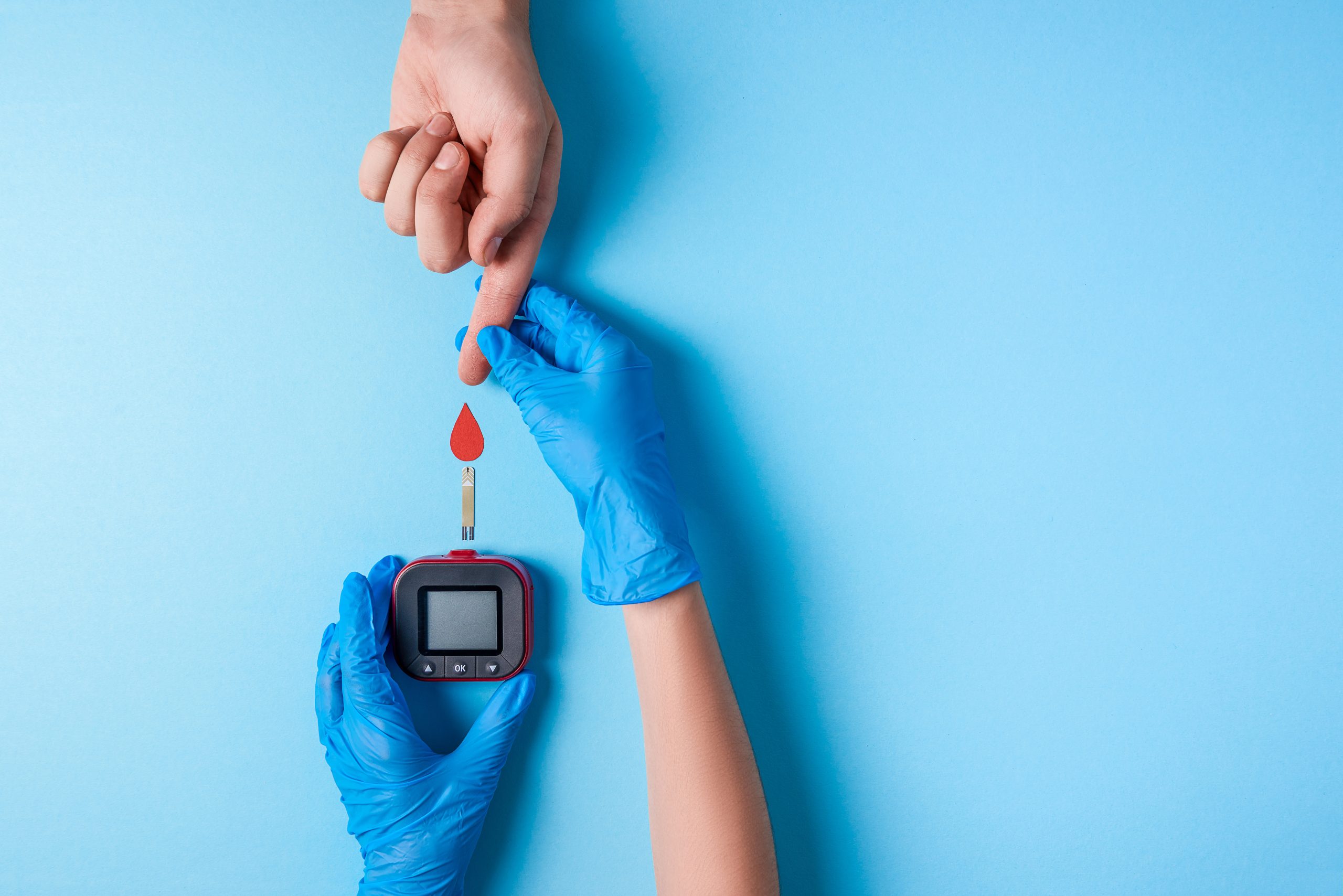Stem Cell Therapy for Diabetes
Diabetes Stem Cell Care
Stem cell therapy may help regenerate insulin-producing cells, offering hope for diabetes care.
Stem Cell Therapy for Diabetes
Stem cell therapy has shown potential in assisting diabetes by addressing the root causes of both Type 1 and Type 2 diabetes. For Type 1 diabetes, stem cells could potentially regenerate or replace damaged insulin-producing cells in the pancreas, offering a way to restore insulin production. This might reduce the need for daily insulin injections. In Type 2 diabetes, stem cell therapy could improve insulin sensitivity and help regenerate cells to better manage blood sugar levels. While research is still ongoing, the future of stem cell therapy could offer significant advances in diabetes care, leading to better long-term control and even potential cures in the future.

Type 1 vs Type 2 Diabetes
Type 1 Diabetes is an autoimmune condition where the body attacks its own insulin-producing cells, leading to little or no insulin production. It’s often diagnosed in childhood or early adulthood and requires daily insulin management to regulate blood sugar levels.
Type 2 Diabetes is the more common form, where the body either becomes resistant to insulin or doesn’t produce enough. It’s typically associated with lifestyle factors and genetics but can often be managed with a healthy diet, exercise, and sometimes medication. Both types require attention, but with the right approach, a healthy and active life is possible!

Find The New You
ODIN Diabetes Care
Odin Stem Cells uses Mesenchymal stem cells (MSCs) derived from the tissue of full-term donated human umbilical cords, ethically sourced in the US before Covid and without the use of embryonic cells.
Stem cell care for diabetes using mesenchymal stem cells (MSCs) involves leveraging their regenerative and immunomodulatory properties to support the repair of damaged pancreatic tissue. In Type 1 diabetes, MSCs help regulate the immune response, reduce inflammation, and promote the survival and function of existing insulin-producing beta cells. While MSCs do not directly differentiate into beta cells, their therapeutic effects create a more favorable environment for pancreatic regeneration and improved insulin regulation.
In Type 2 diabetes, stem cell therapy aims to improve insulin sensitivity and regenerate beta cells to help manage blood sugar levels more effectively. These care plans have the potential to reduce or even eliminate the need for insulin injections in the future.
Odin Stem Cells does not reprogram cells in accordance with FDA regulations. We also do not use embryonic (pluripotent) cells, which are utilized in some locations outside the United States, due to their potential to differentiate into cancer cells.
How Stem Cells Work
Stem cells are basic cells that can turn into different types of cells when needed by the body. They can either multiply or change into specific cell types, making them useful for many purposes.
Mesenchymal
Stem Cell Therapy
Mesenchymal stem cell therapy is gaining attention for its potential to care for a wide range of medical conditions. This approach is showing promise in regenerative medicine and is being explored for various uses, offering hope for innovative care and improved outcomes.
Why Choose Odin Clinic?
Book a call with one of our doctors.
Discover how stem cell therapy can help you. Speak directly with one of our doctors today and start your path to living a better life.
